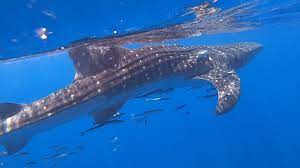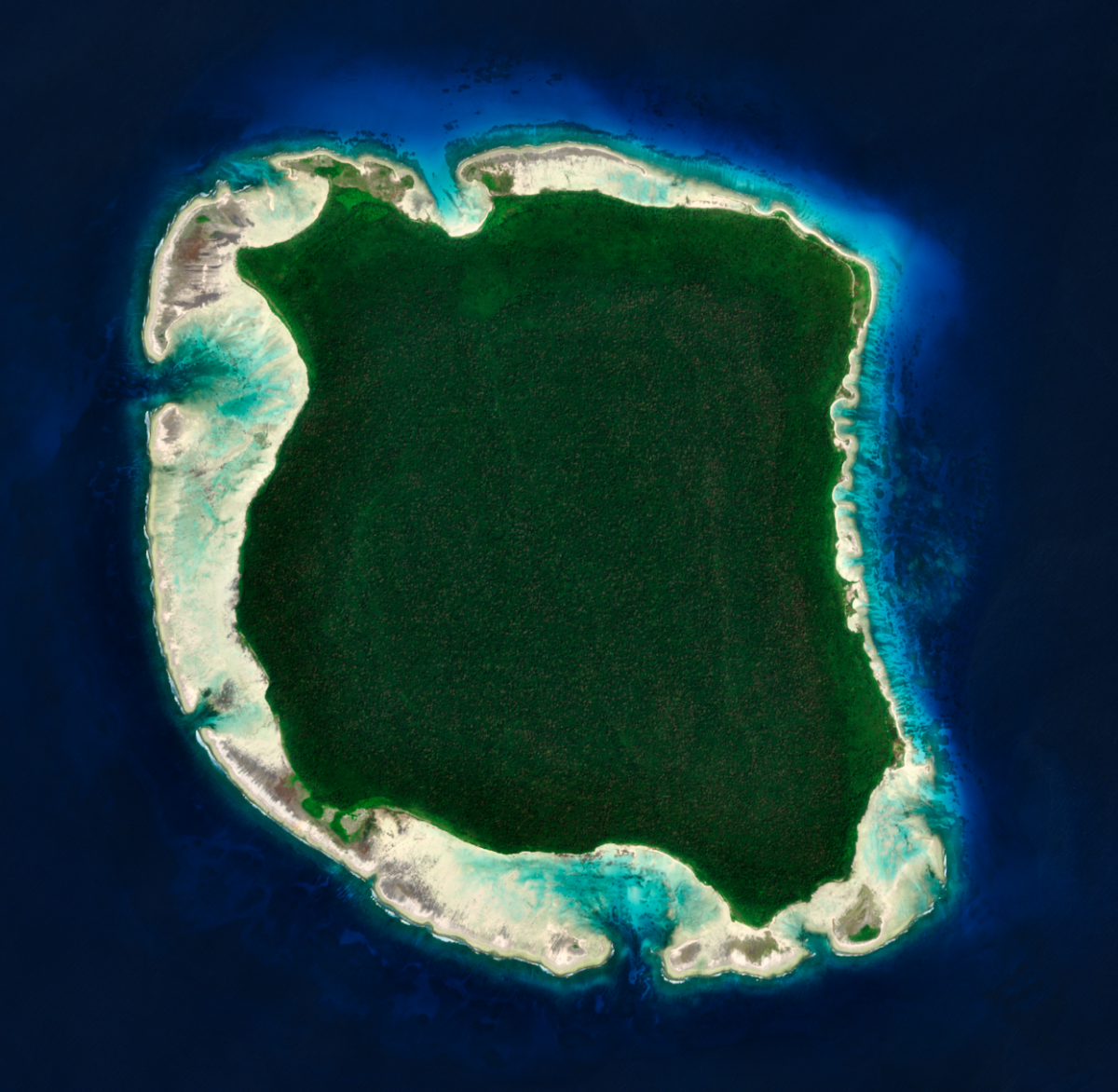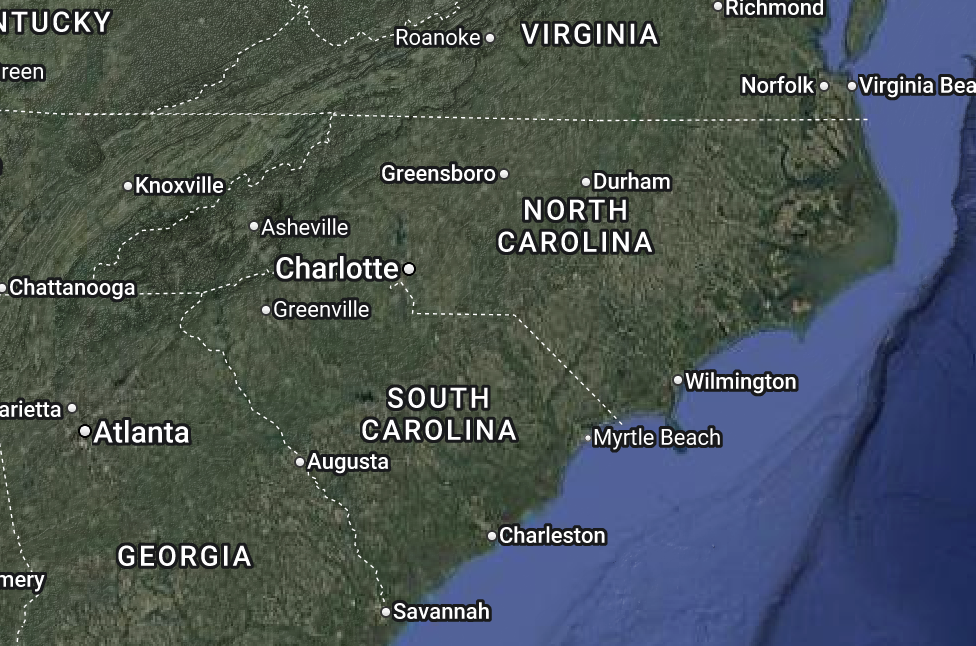
Sharks aren’t a problem we’ve ever had to worry about until now. A charter fishing boat in the Gulf Coast around the mouth of the Mississippi river spotted a shark. A whale shark, more specifically. A whale shark hasn’t been spotted this close to shore, or even in the Gulf of Mexico for the past 4 years, and never this many.
Whale sharks are the largest species of shark we’ve found and, much like their namesake, only eat plankton and krill. Not much is known about these sharks. One hypothesis is that they were lured out of colder waters by an abundance of plankton at the mouth of the Mississippi River, but no one really knows why they are here or what brought them. We don’t know much about their nature either. Their mating grounds, where they give birth, and even their interactions with humans and other animals are largely a mystery. What scientists do know is this migration is comprised of mostly immature male whale sharks with no mature females in sight.
But there’s no need to worry. Sharks in general don’t pose a major threat to humans, especially whale sharks. You’re more likely to die trying to find a shark than by a shark. On average 500 people per year die from a boating related accident, while sharks take fewer than 10 lives per year. True, most of them hunt creatures bigger than krill and can harm humans if they choose. But they’re generally neutral toward humans. They’ve even been known to bond with certain people both in the wild and in captivity.
Keeping all this in mind, it’s still not advisable to seek sharks out on purpose. Disturbing their environment could cause more damage than you realize. Besides, they’re not known to have the best eyesight. Surfers were more commonly attacked because they were easily confused with seals. And the ocean is their space, not ours. If we stay in our lanes and don’t do things that put ourselves in harm’s way, everything will be fine. In short, don’t be stupid.













